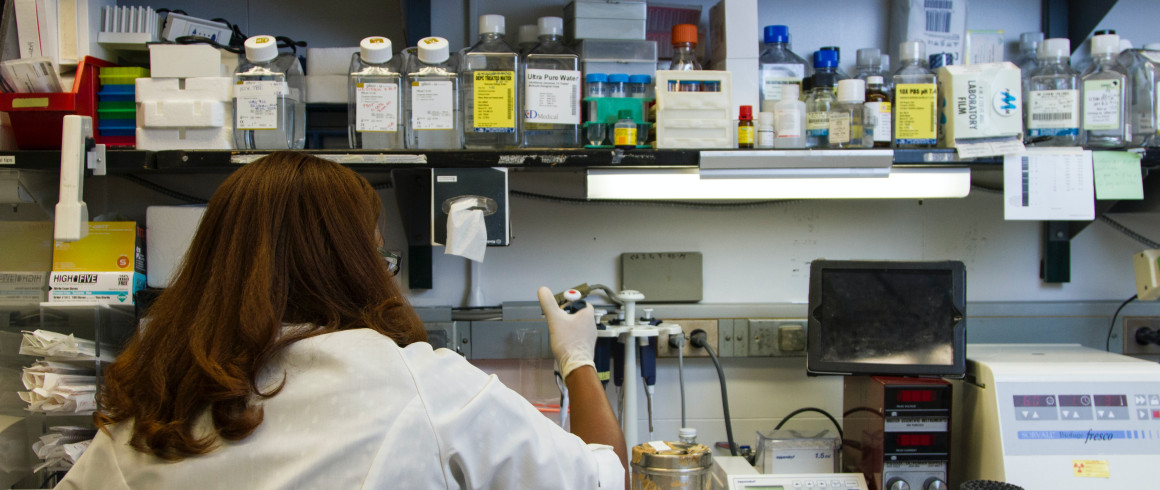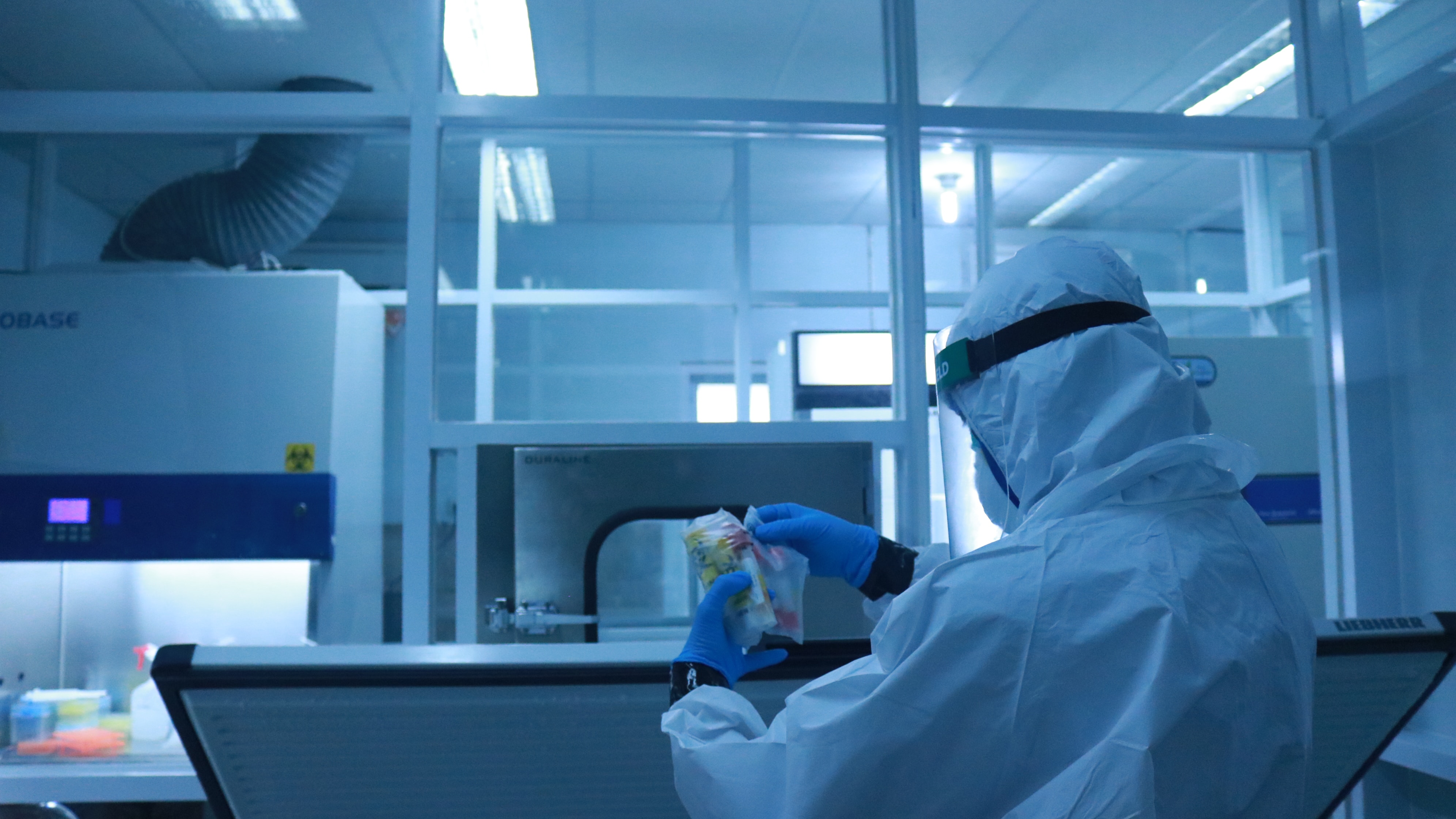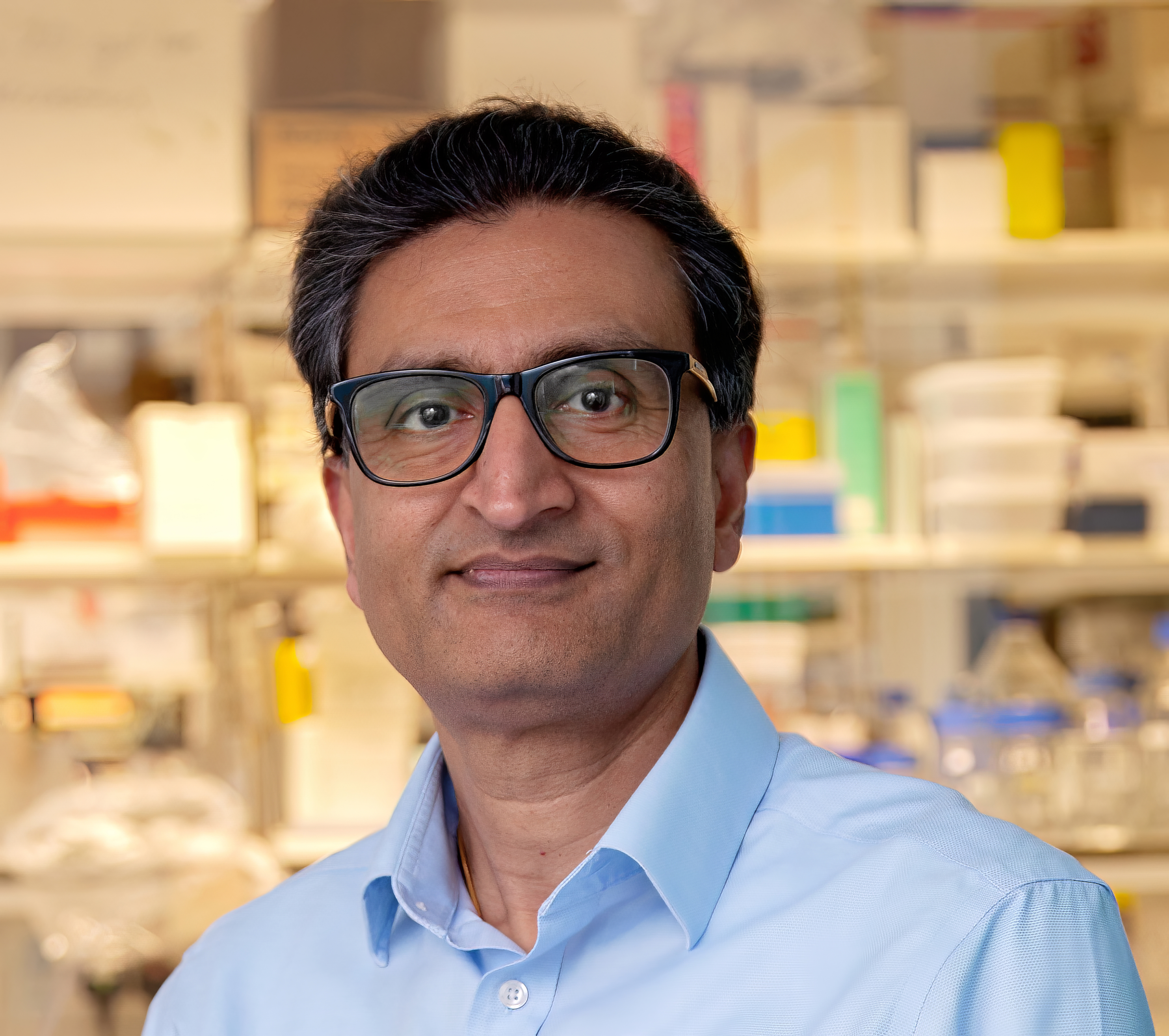April 2023 - Prof. Ashok Venkitaraman, Director of the Cancer Science Institute of Singapore
Prof. Ashok Venkitaraman says that we are on the verge of a breakthrough in the early detection, intervention, and prevention of cancer.
For our April blog Ashok Venkitaraman, Emeritus Fellow and Director of the Cancer Science Institute of Singapore, discusses what lays ahead in the future of personalized medicine.
Imagining the future of medicine
The past two decades have seen an explosion in our knowledge about the genetic and biochemical basis of human diseases. This explosion has largely been impelled by a slew of technological advances, which have created new ways to detect, measure and map with unprecedented precision the molecules which are the fundamental building-blocks of living organisms. These molecules include deoxyribonucleic acid (DNA), which carries the genetic information unique to each individual human in our genomes, and ribonucleic acid (RNA), the messenger which transmits instructions from the genome to make proteins, the workhorses which carry out the functions of life.
So, how is our new-found ability to detect, measure and map DNA, RNA or protein molecules changing medicine?
I believe that it is – in short – bringing ever closer an imagined future in which we know who is most at risk of developing any disease even before it begins, in which we can detect the onset of any disease at its earliest stages, and in which we can intervene early to delay, prevent or cure disease.
What might characterize the practice of medicine in such an imagined future? We are already witnessing changes in the aims of medical practice, from managing any disease using a relatively formulaic compendium of treatments matched to a given diagnosis, towards the personalization of specific treatments matched to individual disease characteristics. Moreover, our overall strategy is also changing, from managing disease when it reaches a relatively advanced stage, towards earlier and earlier interventions.
Early interventions are not only designed to detect disease early in its course, and stop its further progression, but also intrinsically subtend measures for disease prediction and prevention targeted to those at highest risk. It is important to remember that prediction and prevention are not only vital before a disease manifests, but also during the course of disease, for example to predict and prevent flare-ups or recurrences. So, many believe that in the future our focus will inexorably move towards personalized, predictive and preventive medicine.
These future trends are perhaps clearest in my own field of cancer medicine. Our understanding of the molecular origins, the intrinsic diversity, and the variable progression of cancers affecting different organs has already been transformed over the past two decades by the ability to detect, measure and map DNA, RNA or protein molecules. We now know that a relatively small group of such molecules is consistently altered in different cancers, albeit in puzzlingly complex combinations that seem related to the organs in which they arise.
Nevertheless, we now recognize that the immune system can be reactivated to treat many cancers regardless of their underlying heterogeneity. We have increasing but still incomplete understanding of the discrete steps that underlie the earliest stages in cancer evolution – the ‘pre-cancer’ stages, before the disease is even evident – as well as the steps that lead to advanced disease. Remarkably, we now know that ‘pre-cancerous’ cells are present in all of us, in most organs, and their numbers gradually increase as we age, or when are exposed to noxious substances from the air we breathe or the food we consume. Altogether, these advances in our understanding have already led to the increasing personalization of cancer therapy matched to the individual characteristics of each patient, and will soon herald, I believe, breakthroughs in early detection, intervention and even prevention.
" 'pre-cancerous’ cells are present in all of us, in most organs, and their numbers gradually increase as we age, or when are exposed to noxious substances from the air we breathe or the food we consume."
The pace of change has been breathtakingly fast! Little did I recognize some twenty years ago when my laboratory contributed to decipherment of the functions of the inherited breast cancer genes BRCA1 and BRCA2, that we would now be able to effectively detect and treat these patients, and stand on the cusp of preventive early interventions.
But, as we march towards this brave new world of medicine, let’s not forget two important issues. First, the world we live in is rank with inequity, particularly in the arena of health. Imagining a future of personalized, predictive and preventive medicine in fortunate countries like our own must not absolve us from recognizing that many of the world’s people lack health fundamentals like sufficient food, clean air or water – and doing something about it. Second, when imagining the future of medicine in our fast-changing world, I am often reminded of the words of the sardonic American sportsman-sage, Yogi Berra. “It’s tough to make predictions ….. especially about the future.” But I’m optimistic.
Ashok Venkitaraman is an Emeritus Fellow of Pembroke College. He was from 1998-2020 the Ursula Zoellner Professor of Cancer Research at the University of Cambridge, and former Director of the MRC Cancer Unit. He is now the Director of the Cancer Science Institute of Singapore, where he holds a Distinguished Professorship of Medicine. Ashok’s research focuses on understanding what makes individuals differently susceptible to cancer, and on developing new ways to intervene early in the course of the disease. His work has elucidated how alterations affecting a class of human genes, exemplified by the breast cancer gene BRCA2, cause cancer; it has also sparked serial spin-outs to industry from technologies developed in his laboratory.



